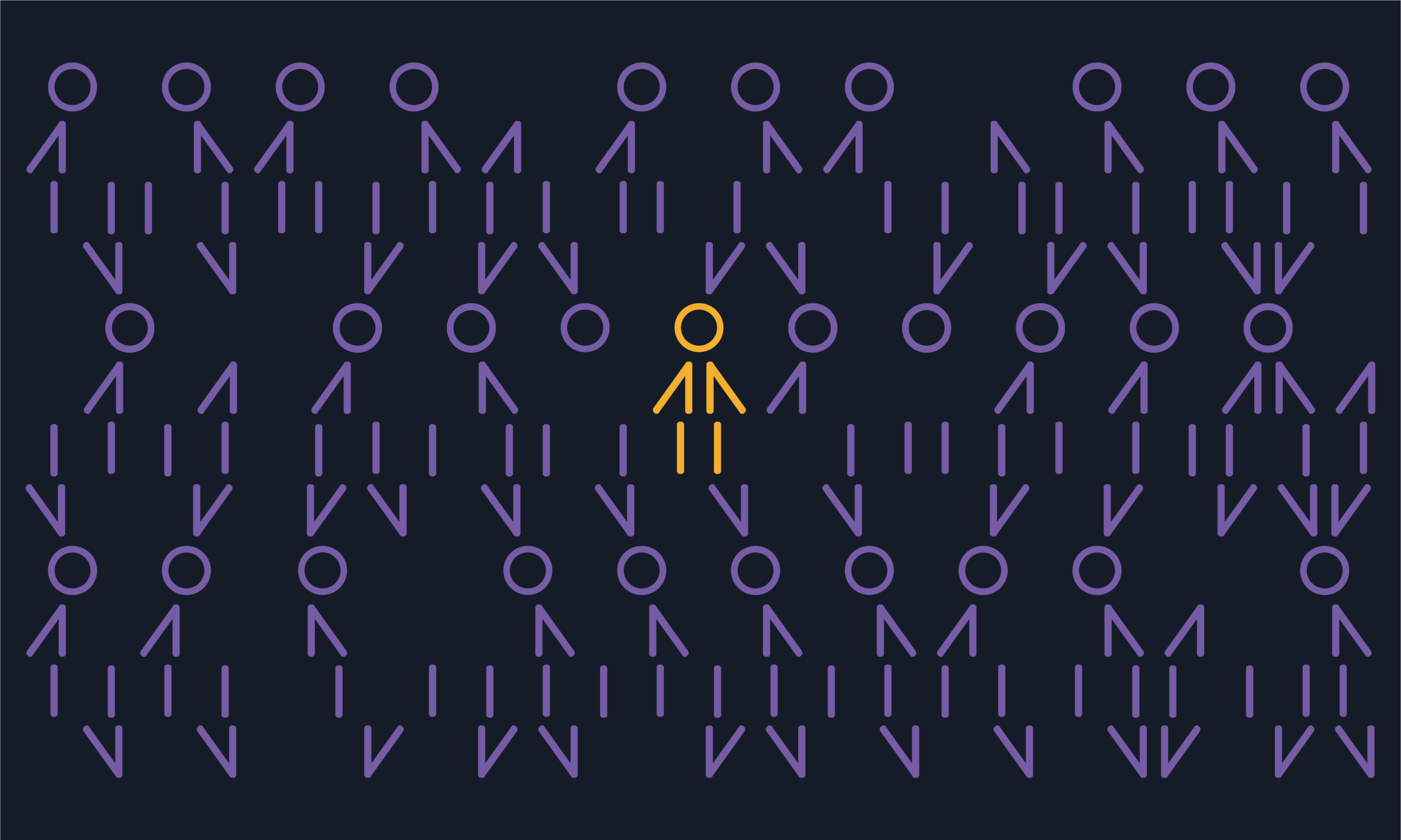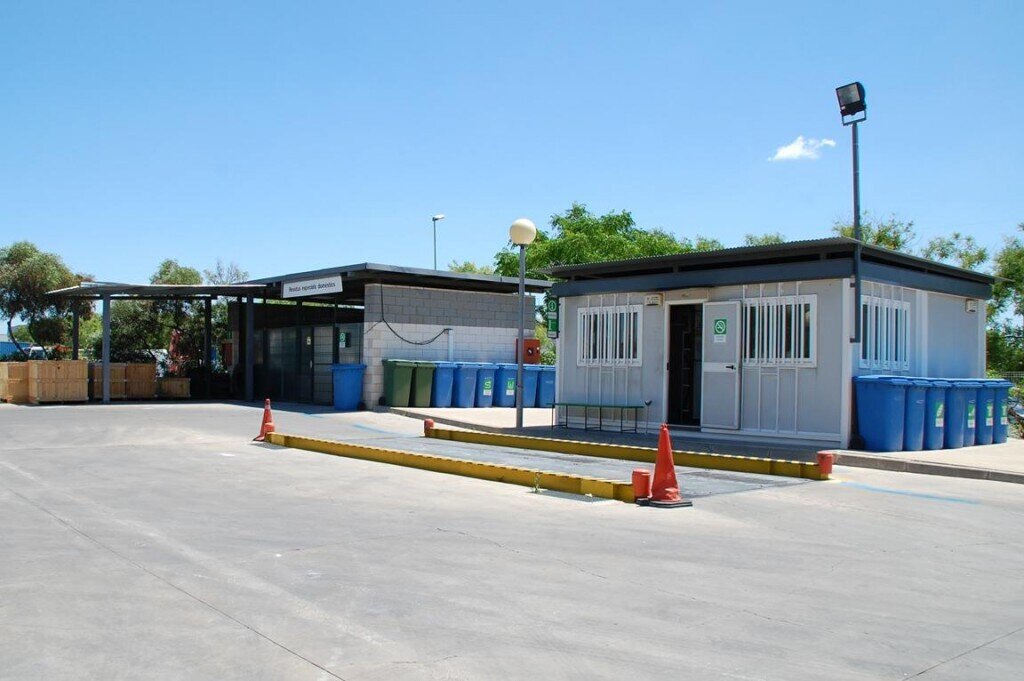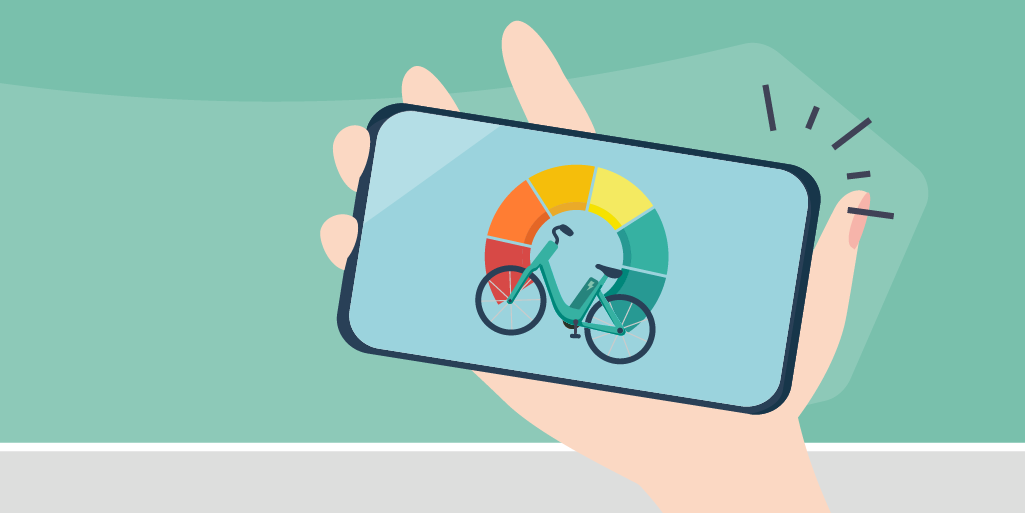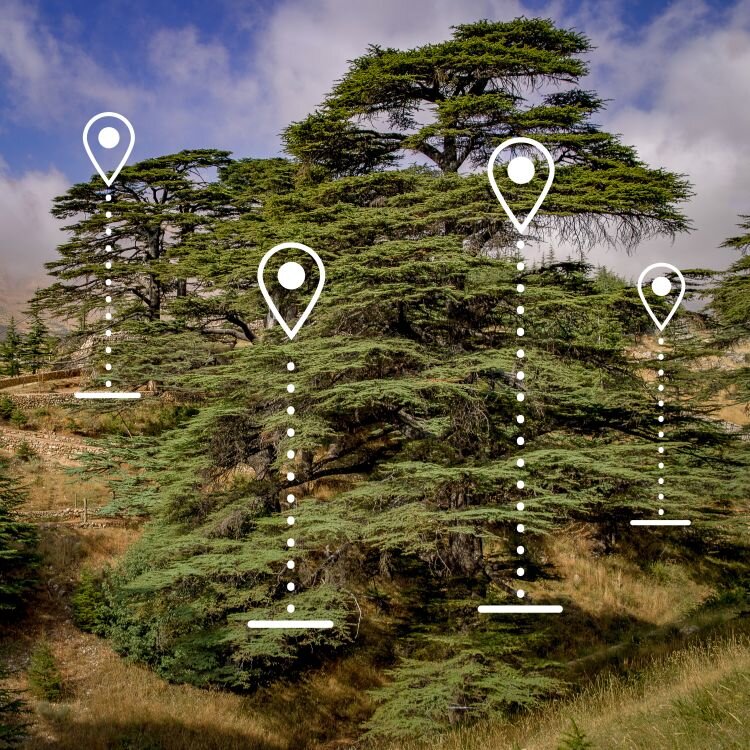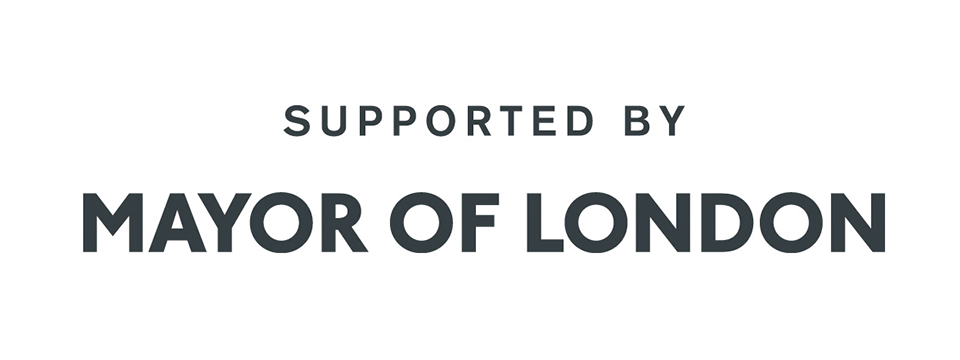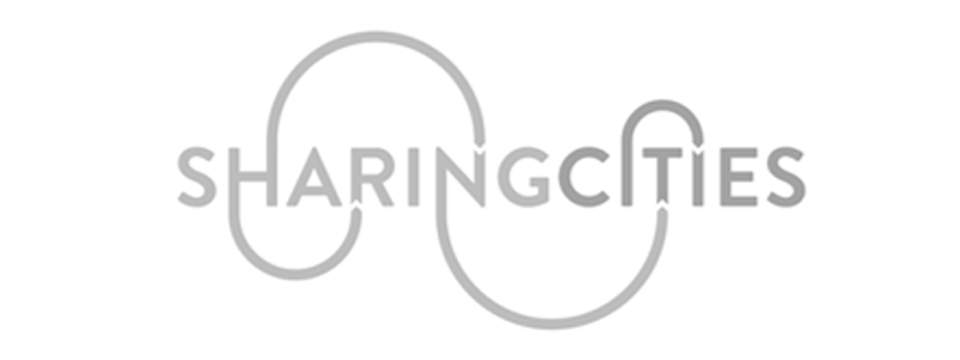
Open Call
What was the DLT4EU Open Call?
The DLT4EU Open Call was an opportunity to be involved in an impact-driven accelerator programme to provide practical solutions to urgent challenges in the fields of the circular economy and digital citizenship, two critical areas of great impact for a socially equitable and environmentally responsible European economy.
The Open Call applications took place from April 14th to May 6th, both included.
What are the challenges?
Challenges are open-ended questions defined by challenge owners and address topics related to:
Circular economy
The circular economy is a new economic model for addressing human needs; an economy that fairly distributes resources without undermining the functioning of the biosphere or crossing any planetary boundaries. The challenges focused on the areas of: supply chain and reverse supply chain traceability, ownership transfers in secondary markets, end of life compliance, and the management of urban green space and public infrastructure.
Digital Citizenship
Digital Citizenship can be broadly defined as the application of digital technologies to better facilitate and engage citizens in public decision-making, service improvement, and social impact initiatives. This can be at a local council / municipal, city or national-level. The DLT4EU challenges focused on: digital inclusion and accountability of aid, civic innovation, financial inclusion, personal data management, and community currency models.
What are our challenges?
Collaborative e-waste management to reduce disposal and foster circular consumption
by the City of Sant Boi
Enabling a Citizen-Powered Circular Textiles Sector
by the Amsterdam CTO
Enabling Peer-to-Peer (P2P) Energy Solutions
by The Alternative Finance Lab of the United Nations Development Programme
Shared E-Mobility
by Sharing Cities & GLA
Enabling Data Sovereignty for all Citizens
by Helsinborg Stad
Digital Impact Coins
by The Alternative Finance Lab of the United Nations Development Programme
Track and Trace: Supply Chain Transparency
by The Alternative Finance Lab of the United Nations Development Programme
Charitable Aid Accountability for Humanitarian Agencies
by Vodafone Foundation & DFS
What is a Challenge Owner?
Challenge owners are organisations across Europe that are facing challenges that can be significantly addressed using DLT solutions. They proposed challenges to the applicants, and once selected, teams collaborated to produce disruptive innovation proposals, helped by a curated selection of mentors and DLT-for-good experts.
The programme is based in a peer-to-peer collaborative structure where venture teams and challenge owners worked together in a 6-month accelerator agenda to create Proof-of-Concepts/real solutions.
Who were we looking for?
We were looking for ambitious teams, leading innovators, and developers who wanted to help solve key challenges common to the public sector by applying Distributed Ledger Technologies (DLTs).
Incorporated entities
With less than 1,000 employees
Based in Europe
Had an existing DLT solution at least at an proof-of-concept stage (Technology Readiness Level 3)
Research teams with at least three people with prior working experience were also considered
What do teams get from the experience?
The DLT4EU accelerator is a unique opportunity to work closely with lead beneficiaries,
across an intensive six-month process. Participating venture teams benefit from:
Experimentation forum with lead beneficiaries and user groups in Europe.
Access to a network of expert mentors across the topics of social innovation, DLT technical, open source licensing, legal and regulatory issues... to name a few.
Access to and guidance from subject matter experts in the fields of the circular economy and digital citizenship.
Brand and business exposure across the European innovation and DLT ecosystem.
Demo Day opportunity: a Final Event at the European Commission in February 2021
Financial support in the form of:
A participation fund of between €8,000- €14,000, which covers direct costs of working in the accelerator (i.e. technical costs, people’s time).
All travel and accommodation costs will be covered separately for participating in the Bootcamps.
Additional opportunity for follow-on award funding of between €8,000-€14,000.


